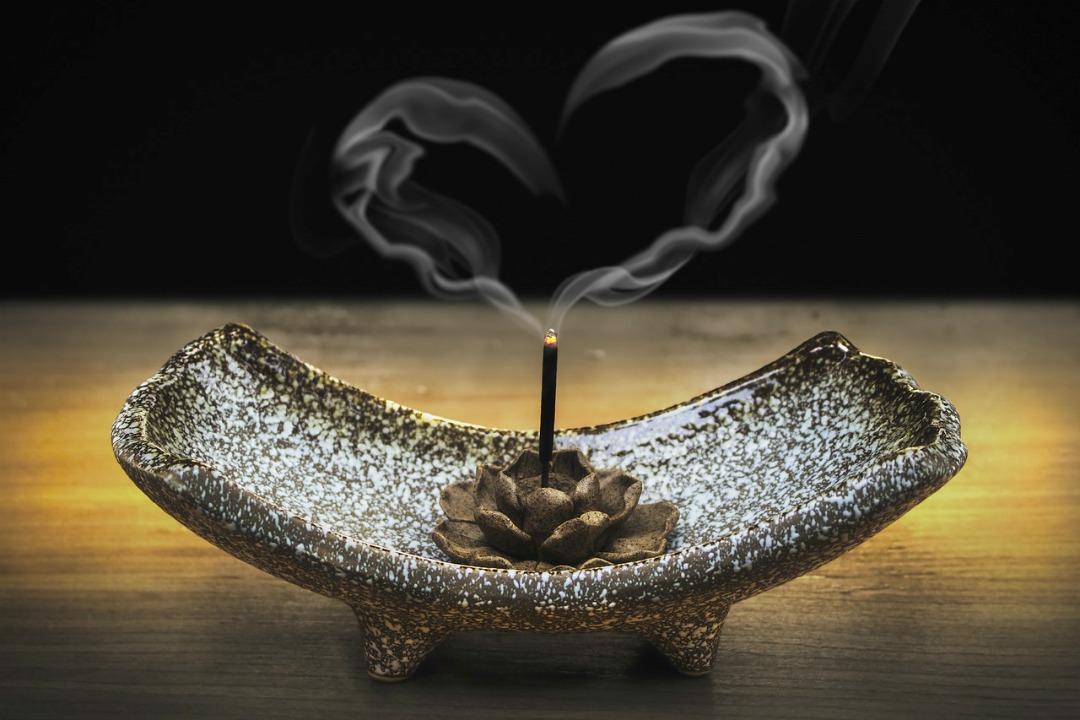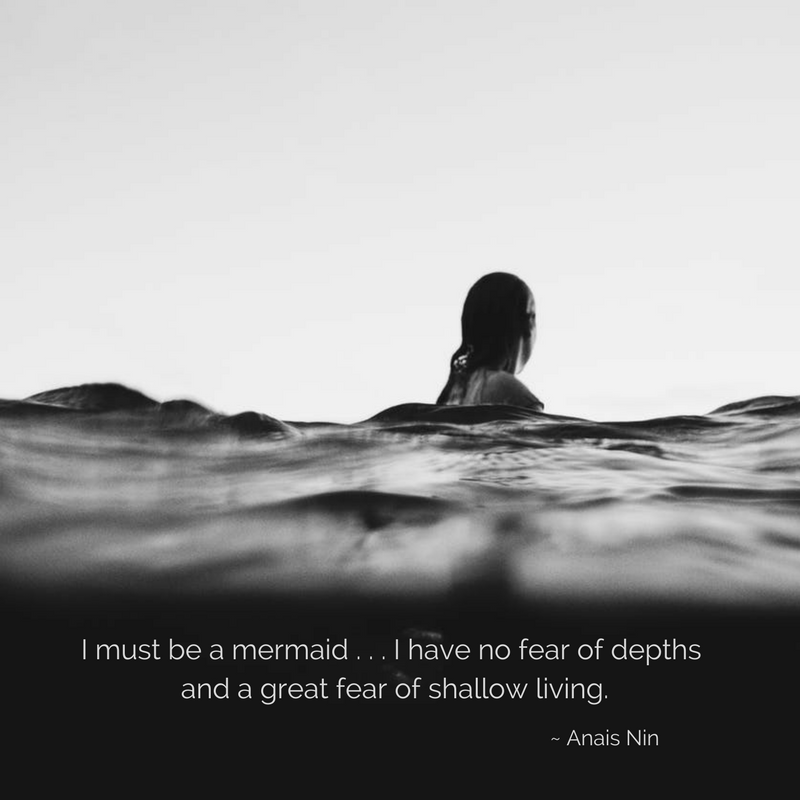Since we’re now in the midst of the Lent season of the Christian church, I’ve been thinking a lot about the nature of sacrifice. That thought process began with a meditation on various things I’ve given up for Lent, though my Lutheran faith doesn’t require that–I’ve often found it to be a helpful way to remind myself of what the reason is all about.
There was, for instance, the very difficult year my family decided to give up Sonic drinks. (We drove straight from church to Sonic on Easter Sunday. The struggle was real, y’all.) What struck me, as I thought about that, was the fact that I spent most of Lent waiting for it to just be over. I wasn’t so much thinking about sacrifice as I was thinking about when I could give it up. When I could sacrifice my sacrifice, so to speak, and get back to a “normal” life where I can have whatever I want.
In other words, Lent became a time of waiting to reclaim whatever I’d put on hiatus. My focus was entirely in the wrong place.
That revelation helped me realize that there are a number of things I’ve given up altogether, not just for Lent. So maybe, as we work through this season, it’s important to distinguish between a sacrifice and a change of heart.
Sacrifice isn’t necessarily meant to be forever. As parents, we make sacrifices for our children–and sometimes we do that with the knowledge that our lives will go back to “normal” eventually. We sacrifice time with our adult friends in favor of attending school programs, for instance. Family time becomes the priority while our kids are young.
A change of heart, on other hand, suggests that we’ve become fundamentally different in some way. This is the kind of change that sticks–and I think that’s precisely because we stop thinking of it as a sacrifice. A change of heart comes to feel, instead, like a new way of being.
Here are just a handful of the things I’ve given up for good:
Dieting
As a teenager, I tried every diet I came across. One summer, I lost 15 pounds by fasting one day a week and eating just enough to maintain each week’s weight loss. As an adult, I’ve done three rounds with Weight Watchers.
The most important thing I’ve learned from this experience is that diets don’t work. Why? Because they’re temporary. We think of the food we aren’t eating as a sacrifice made in the name of weight loss–and once the weight is gone, we go back to “normal.”
Now, instead of dieting, I eat what I want. I control my portions. I aim for maintaining a balance between splurges and sensible choices. My weight has been stable for about ten years now–precisely because I stopped dieting.
Busyness
As a younger person, I liked going out. Whether I was having drinks with friends, going to the movies, or wandering around an art fair, I was happiest when I was out of my house. A day with nowhere to go often felt like a huge waste of time.
I’m not sure exactly when that changed, but I know having children helped to change it. Between work, school, church events, swim team practice, karate classes, dance classes, music lessons–we were all wiped out. I decided that modeling a peaceful way of living was more valuable to my kids than any class would ever be.
So we cut back to one activity for each kid. We prioritized quiet time at home. These days, I’d rather stay home than go just about anywhere. My adult kids enjoy hanging out here, too.
Regret
Like most people, I have things in my past that I wish I hadn’t done. For a long time, I believed the people who are my friends today wouldn’t want to be in my life if they knew about some of those things.
But now–having heard good friends reveal their own mistakes–I’ve realized that we all treat people badly, make stupid decisions, and get ourselves in various degrees of trouble. So whenever those memories come to mind, I try to respond the way I would to a friend who confessed those actions. You learned from your mistakes. You don’t behave like that anymore. Isn’t that what really matters?
If I can show compassion to a friend, why offer less to myself?
Envy
Chances are, you know someone who seems to have it all: beautiful house, great job, perfect marriage, cute kids (who are, of course, over-achievers.) Social media makes that perfect life even more enviable–it’s right there in front of you, filtered and on display.
But every life has its price. That beautiful house? It’s expensive to maintain. That great job? It may require long hours and cause huge levels of stress. Those cute kids? They may be suffering from anxiety, as many over-achievers do. Their parents might be awake all night, wondering how to make sure their kids are safe and healthy.
Of all the things I’ve given up for good, envy is probably the most important. When I put it aside, I remember to be compassionate to everyone–even the friend who seems to have it all. That friend might be having a hard time asking for support. She might be beating herself up because she can’t solve a problem, even though she has access to every resource imaginable.
As we move through the season of Lent this year, I’m going to spend some time thinking about all these things I’ve given up–and I’m going to work on moving from temporary sacrifices to a more meaningful release of the habits that don’t serve my life.





5 Comments
What a great post! I’ve been trying to avoid giving up something arbitrary. These last few years I’ve been adding in things instead. This year we’re working on a more purposeful prayer time with the kids in the evening. I hope it stick long past Lent.
Envy is a great thing to give up. Especially with instagram “filtering” people’s lives, we unfairly compare our lives with theirs and feel bad about it. So, yeah, Envy is out!
It’s so easy to forget the truth behind those filters. I find myself wrestling with this on occasion, but it’s important to remember that everyone struggles in one way or another. Envy serves only to create unhappiness where it doesn’t need to exist.
You have brought something very important to my attention! Finding more comfortable ways to live is as much about taking away as it is about adding. I love what you have to say about taking away envy as you are totally right, it is not a productive emotion and does not add to our lives but rather drains life of its joy.
Absolutely. Envy, like anger, is a waste of our energy, and it accomplishes nothing.